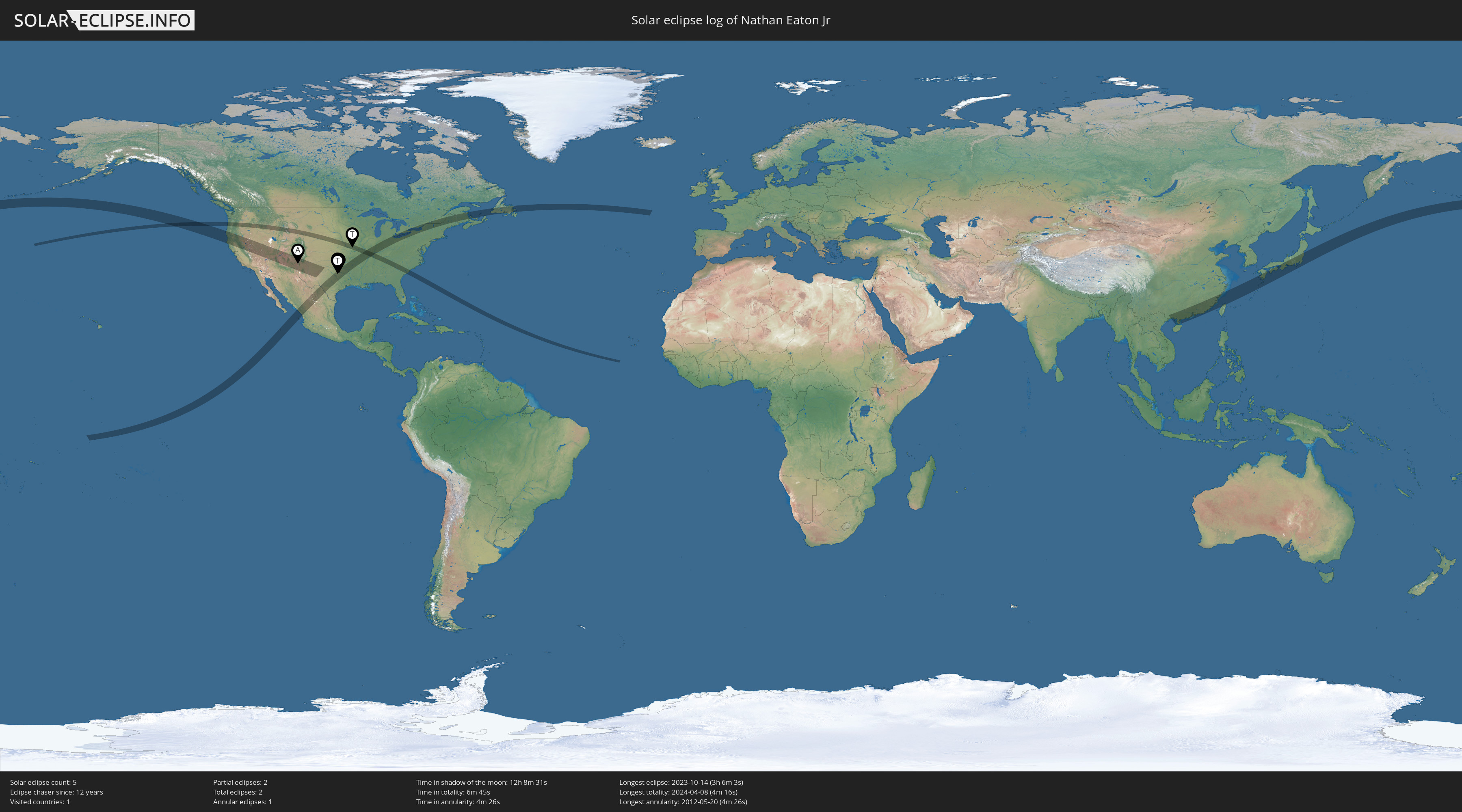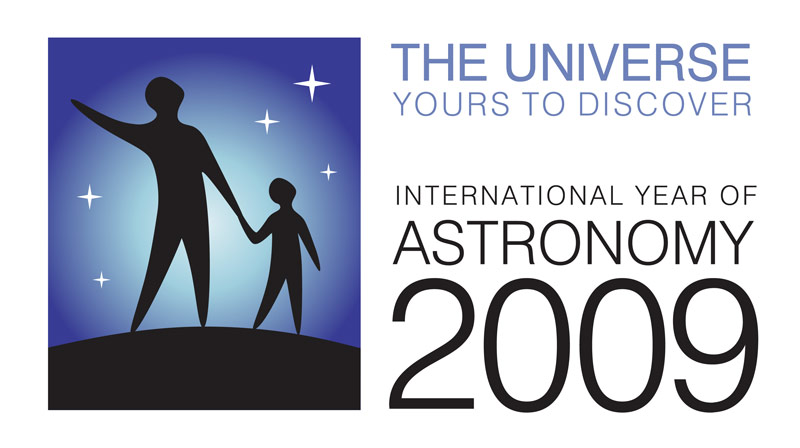When is the last time you looked up and saw the Milky Way at night? Or saw a meteor shower? If you live in an urban or suburban area, it may have been a long, long time. It has been many years for me but I can recall enjoying the splendor of these sights from my backyard when I was younger. Having spent a lot of time looking up at the night sky over the years since then, I've watched it change. Not noticeably from night to night or even year to year, but every few years it's obvious there's less to see.
At work, a common phrase is "what get's measured get's tended to". I think that with light pollution it's the same. It is one thing for someone to look up and realize they can't see what they could when they were a kid but anecdotal evidence isn't science. To make a case for change, to turn the tide and restore the beauty - and benefits - of clear, dark night skies, we need to measure the rate and circumstances of change. Only then can we forecast how much worse it may get in the future and justify steps to restore what we've lost. Or at least avoid losing more.
That's the point of a project called GLOBE At Night. I wrote about it last year so I won't repeat the details (you can find them here), just the invitation... please join me in making a small contribution to improving the world to which our future generations will be born. And do a little science. And learn a little. And have fun doing it.
Here's to darker skies,
Nate
PS. For more information on light pollution and ways to fight it, check out the International Dark-Sky Association.
Thursday, March 4, 2010
Wednesday, March 3, 2010
Daydreaming: Astrophotography
I haven't had (made) any time in awhile to focus on astrophotography, so I enjoyed the opportunity last week to hear members of the Astrophotography SIG speak at the recent meeting of the Texas Astronomical Society. For more infomation about the SIG including highlights of their work and links to member sites, check out their blog at apsig.blogspot.com.
Coincidentally, I received an email yesterday highlighting the latest project of an astrophotographer whose work I enjoy:
Deep Sky Celebration by Ken Crawford
Coincidentally, I received an email yesterday highlighting the latest project of an astrophotographer whose work I enjoy:
Deep Sky Celebration by Ken Crawford
Tags:
APSIG,
astrophotgraphy,
Ken Crawford,
TAS
Subscribe to:
Comments (Atom)





















 The journey continues beyond 2009... check it out!
The journey continues beyond 2009... check it out!
